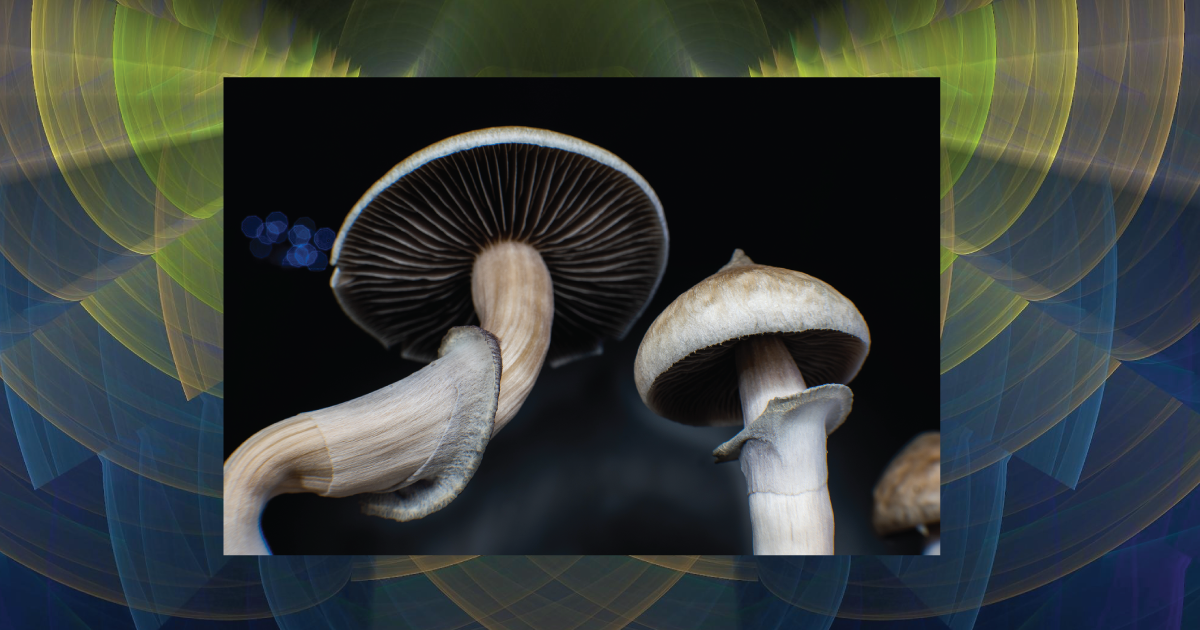
Altering Perceptions on Psychedelics
Growing evidence for the safety and efficacy of psychedelics could lead to better treatments for anxiety, depression, pain, and other often intractable conditions. Associated with daydreaming and thinking about the past or the future, the default mode network encompasses any neural function that has some bearing on our autobiographical tendencies.
April 1, 2023 | Source: Harvard Medicine | by Allison Eck
Jerry Rosenbaum was intrigued when he first heard about the effect that psilocybin—the hallucinogenic compound found in certain species of mushrooms—was purported to have on the brain’s “resting state,” what neuroscientists call the default mode network. Associated with daydreaming and thinking about the past or the future, the default mode network encompasses any neural function that has some bearing on our autobiographical tendencies.
“Given the nature of the results, I was eager to learn more,” recalls Rosenbaum, the Stanley Cobb Professor of Psychiatry at HMS.
The information that grabbed Rosenbaum’s attention was being delivered by Robin Carhart-Harris, a Hugh Grant-esque young Brit speaking remotely from the United Kingdom to participants at a 2018 conference on psychedelics at the Broad Institute in Cambridge, Massachusetts.
Carhart-Harris, a psychologist and head of the Centre for Psychedelic Research at Imperial College London, was describing recent neuroimaging research out of his lab demonstrating that when people take psilocybin at low doses, the default mode network becomes less active.
